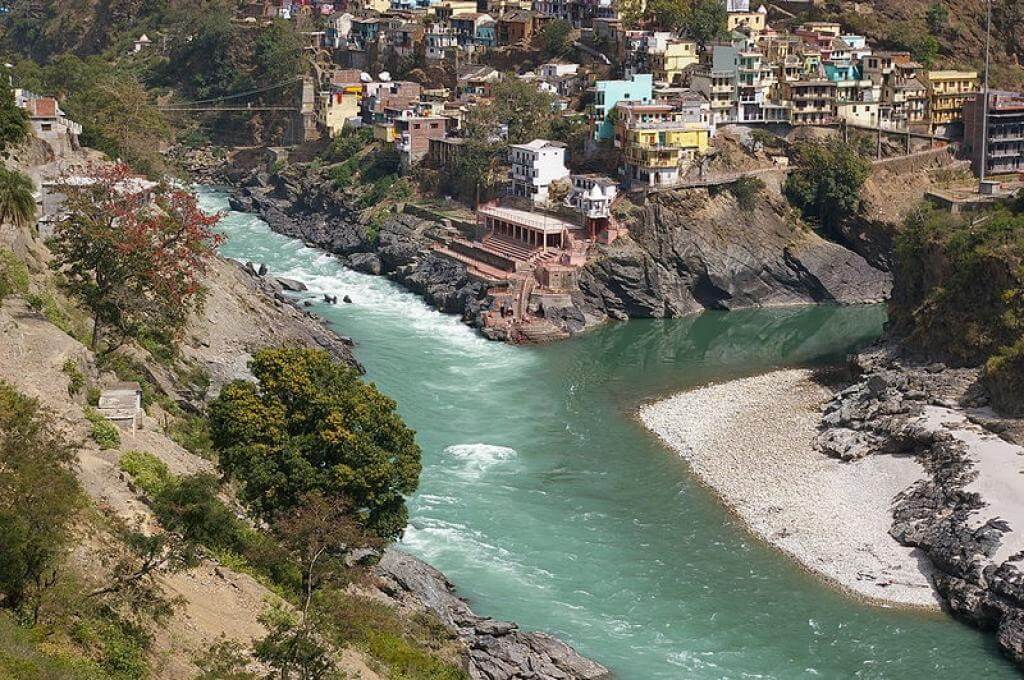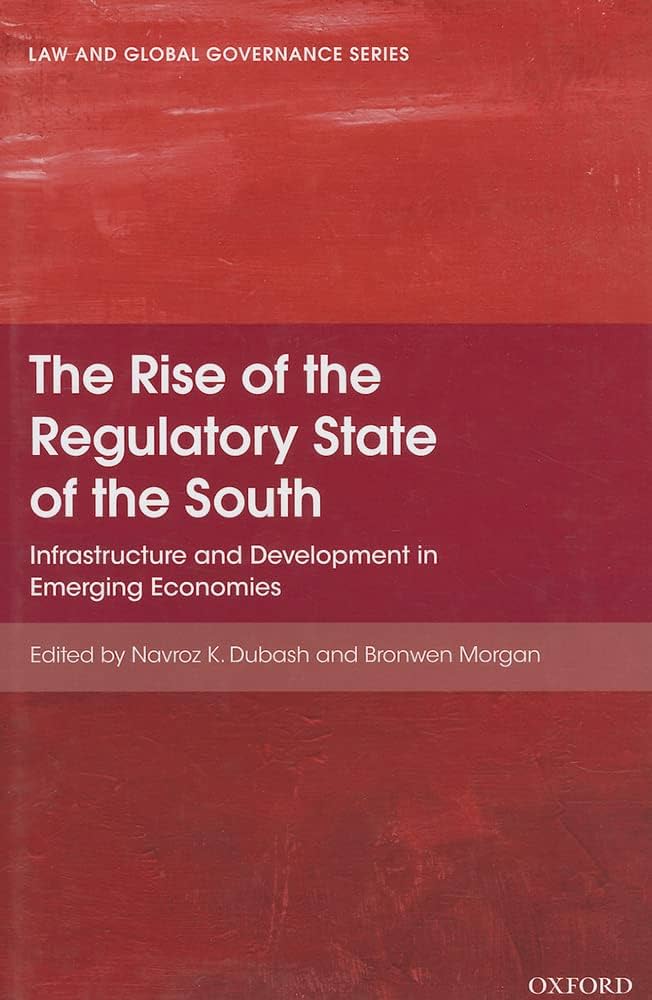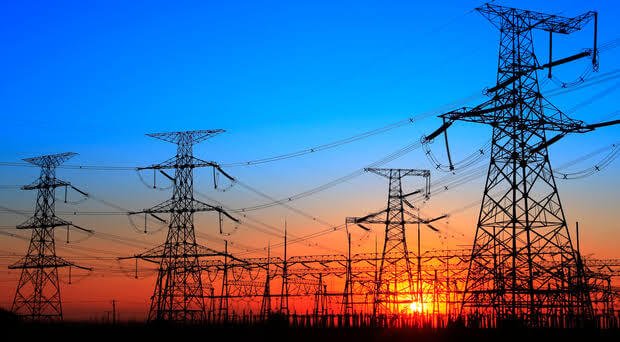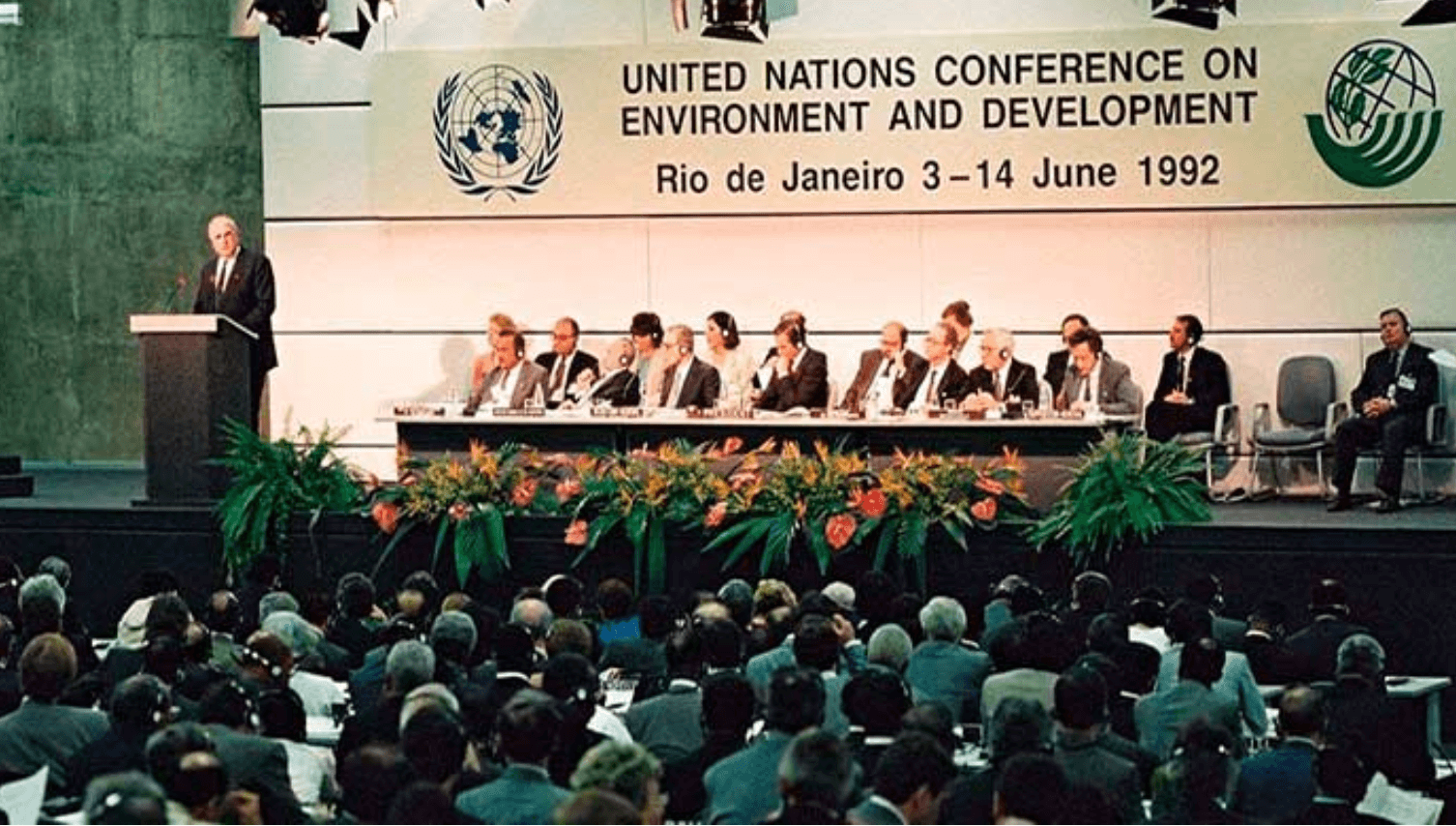Summary
This chapter, published in the book Sharing the Costs and Benefits of Energy and Resource Activity: Legal Change and Impact on Communities (Oxford University Press), analyses the legislative and regulatory safeguards that protect and foster public participation in environmental governance in India. It considers the environmental rights jurisprudence that has been developed by the Indian courts and discusses it in the context of the three procedural rights that form part of Rio Principle 10.
In particular, the chapter examines the participatory processes under the Environment Impact Assessment (EIA) Notification, 2006 and the Forest Rights Act, 2006. It describes the opportunities provided for public engagement in the two laws and evaluates whether the participatory processes are indeed effective and whether public concerns can influence regulatory outcomes. The chapter concludes that while Indian law and judicial practice supports procedural rights in relation to environmental decision making, in practice, these rights are not just poorly implemented but also in danger of significant erosion.
Read more









